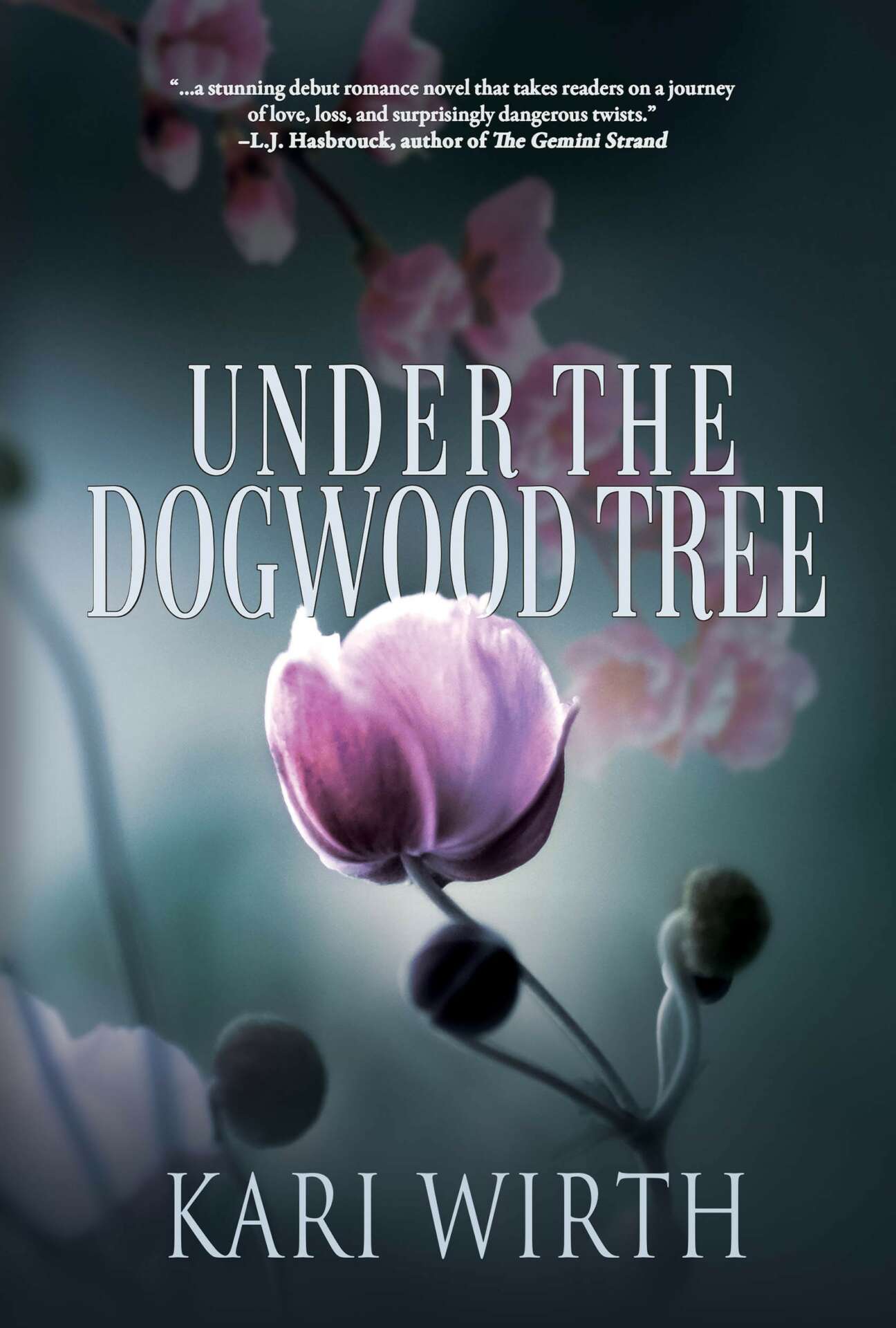We were lucky to catch up with Kari Wirth recently and have shared our conversation below.
Kari, thanks for joining us, excited to have you contributing your stories and insights. Before we get into specifics, let’s talk about success more generally. What do you think it takes to be successful?
To be successful starts with the right attitude. All the knowledge and all the resources at your disposal don’t mean anything if you don’t have the right frame of mind. It’s not to say that you won’t ever be discouraged or want to throw in the towel. I speak from experience. The number of times I’ve wanted to pull the plug on writing lands somewhere between fifty and a million. I’ve said more than once, “That’s it! I’m done. I can’t do this anymore.”
When you’ve reached the pinnacle of frustration, it’s so easy to convince yourself quitting is the answer. For that brief second (or minute or hour) it’s somewhat refreshing. The pressure is gone. Anxiety dissipates. It feels like a mini-vacation from your worries that you’ll never succeed. That’s how it feels for me.
Once my head clears, I remember the joy writing brings to me. How I get lost in creating a story and don’t want to be found. I believe now more than ever I was born to be a writer. But that doesn’t make it easy. Nothing in life is. When faced with obstacles, I often recall the line from the movie, “A League of Their Own.” Tom Hanks’s character, Jimmy, tells his star player, Dottie, what makes baseball great. “It’s supposed to be hard. If it wasn’t hard, everyone would do it. The hard… is what makes it great.”
With the hardness comes failures. Oddly enough, they are part of successes. I don’t think a person exists who is “successful” who hasn’t experienced failures along the way. Are they painful to go through? Yes. But the outcome is the lesson learned. Failure will either defeat you or make you stronger.

Kari, love having you share your insights with us. Before we ask you more questions, maybe you can take a moment to introduce yourself to our readers who might have missed our earlier conversations?
Twenty-five years ago, if someone would’ve told me I’d be an author, I would’ve laughed in their face. How could a person who hated to read become an author? Writers are bookworms. They read anything and everything. There was no way I could ever become an author. Never say never. I learned that at the age of twenty.
My journey to becoming an author began during my sophomore year in college while I was a fashion major. But that came to an abrupt halt after taking an English Composition course. To say I dreaded the class is an understatement. I hated writing. I found it tortuous.
The assignment for the semester was to write four research papers on the same topic but with different sources. I chose my sister, who has a disability, as my inspiration. I thought I was hallucinating or that my professor had made a grave mistake when I saw an A on the top of the front page. An A? I didn’t get A’s in English. It had to be a mistake. But it wasn’t. Three additional A’s followed, complete with compliments, and suddenly, I found myself thinking more about writing and less about my wardrobe.
My career had started off in print, and after receiving my master’s, I ventured into broadcast news where I’d worked as a promotions writer. From there, I went into radio advertising. Somewhere along the way, a story had been brewing inside of me, and I had to get it on paper. My first novel, “Return to Garrison,” was released in October 2020, and my latest novel, “Under the Dogwood Tree” will be released on August 31. Although my books are fiction, I like to make them as “real” as possible through the characters, scenes, and situations. I’m an emotional gal, so you can guarantee to shed a few tears. Or more.
What do you find most rewarding about being a creative?
Seeing my name on a book cover is surreal. However, for me, the most rewarding aspect of being an author is reader feedback. It’s like winning the Pulitzer Prize when I hear a reader connected with the story. I love hearing the emotions they felt while reading the book. Or how the main character inspired them. Some have expressed how they can relate to the story and the conflict. Other readers have told me that they had finished the book in a few days because the story had them hooked and they couldn’t put it down.
We’d love to hear a story of resilience from your journey.
Rejection is part of being an author. It’s in the job description. The best writers have dealt with rejection. I have had so many rejections from publishers and agents that I could use the letters to side my house. I’ve received rejection letters as fast as ten minutes after submission to as long as a year after submission.
A few years ago, an agent had requested my manuscript. I thought, “This is it. My big break.” I had waited an agonizing three months for her reply. Then it came. My heart sank by the time I got to the word “unfortunately.” She had passed on representation. I was so devastated that I literally threw myself on the bed and wailed like a spoiled toddler. I foolishly thought that I had blown my one and only shot. But with that rejection came advice that I had taken, which eventually led to Under the Dogwood Tree being published.
Contact Info:
- Website: www.kariwirth.com
- Instagram: kari_lynn_wirth
- Facebook: https://www.facebook.com/kariwirthauthor
- Twitter: @Kari_Wirth
Image Credits
First photo courtesy of Kristy Tasca Photography. Book cover designed by Black Rose Writing


